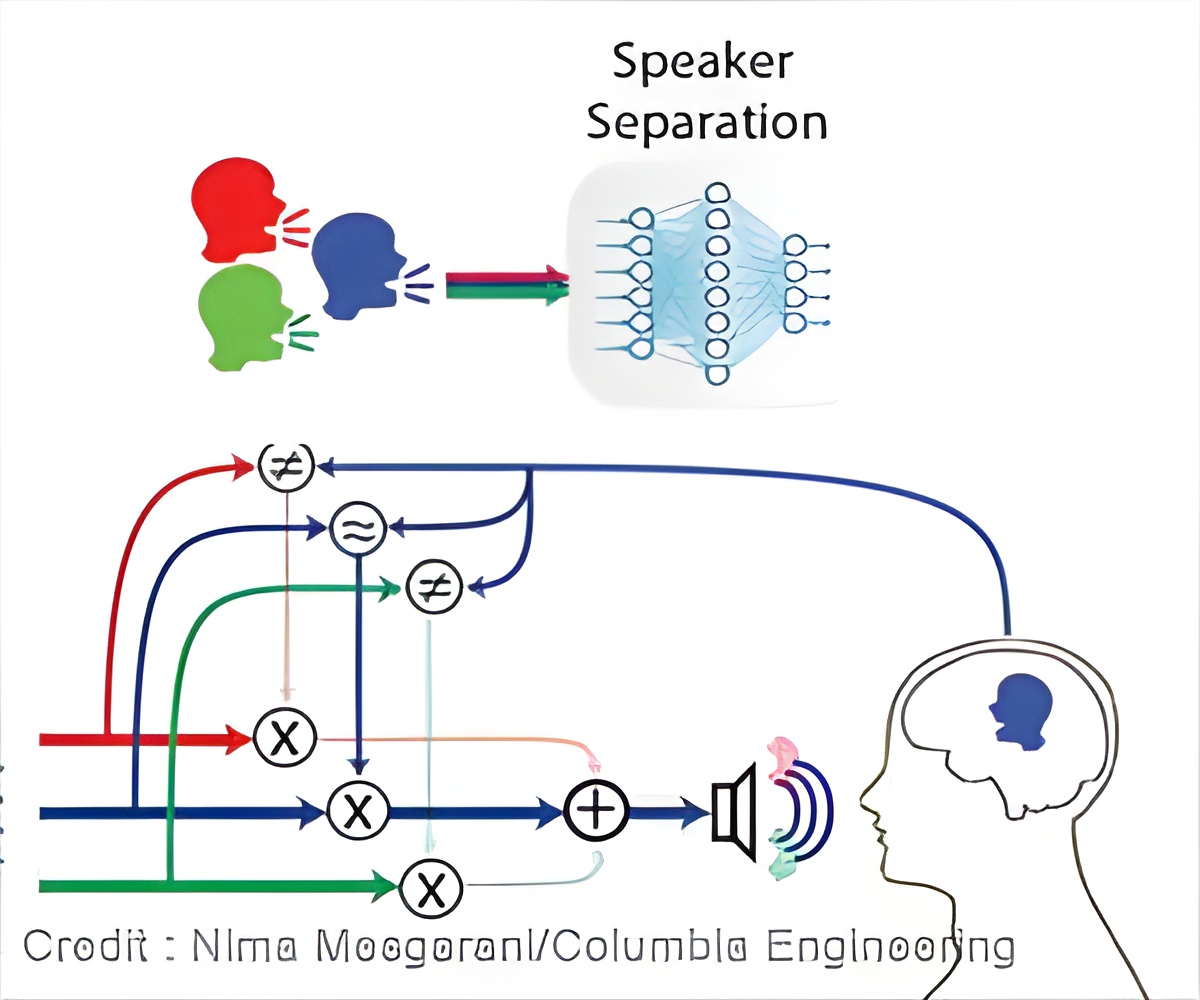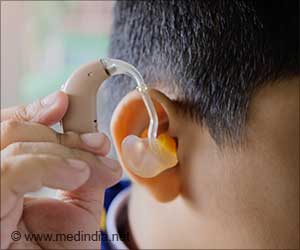Does the brain adapt to hearing implants? The brain’s natural ability to adjust to a new situation can improve the efficacy of a cochlear implant that restores hearing loss.

‘Brain flexibility may hasten hearing improvements from cochlear implants used in the treatment of hearing loss.’





Unfortunately, it can take time to understand the meaning of the signals. Past studies had shown that, while some cochlear implant users understand some speech hours after receiving their device, others required months or years to do so. However, the mechanisms that determine how quickly the brain can adjust to an implant have been unclear.The new investigation led by researchers at NYU Langone Health in rats evaluated whether stimulating the locus coeruleus, a major site of neuroplasticity deep in the brainstem of mammals, improved how quickly they learned to use their devices.
Brain Adjusting to Hearing Loss Help Cochlear Implants
It showed that within just three days of receiving their implants, rodents given the extra boost could effectively complete tasks that required accurate hearing. By contrast, those without the stimulation needed up to 16 days to do so.These findings suggest that differences in neuroplasticity, particularly in parts of the brain such as the locus coeruleus, may help explain why some cochlear implant users improve faster than others.
In an earlier investigation, the research team found that electrically stimulating the locus coeruleus in rodents increases neuroplasticity and changes how the brain’s hearing system represents a sound.
However, the new study, published in the journal Nature, is the first to demonstrate that stimulating this brain region hastens hearing among cochlear implant recipients.
Advertisement
Among the findings, the study showed that locus coeruleus activity changed dramatically as the rats learned to use their implants. At first, the brain region was most active when the animals received food after hearing the tone and pressing the correct button.
Researchers next plan to explore ways of stimulating the brain region in humans that do not require invasive surgery.
Source-Eurekalert















